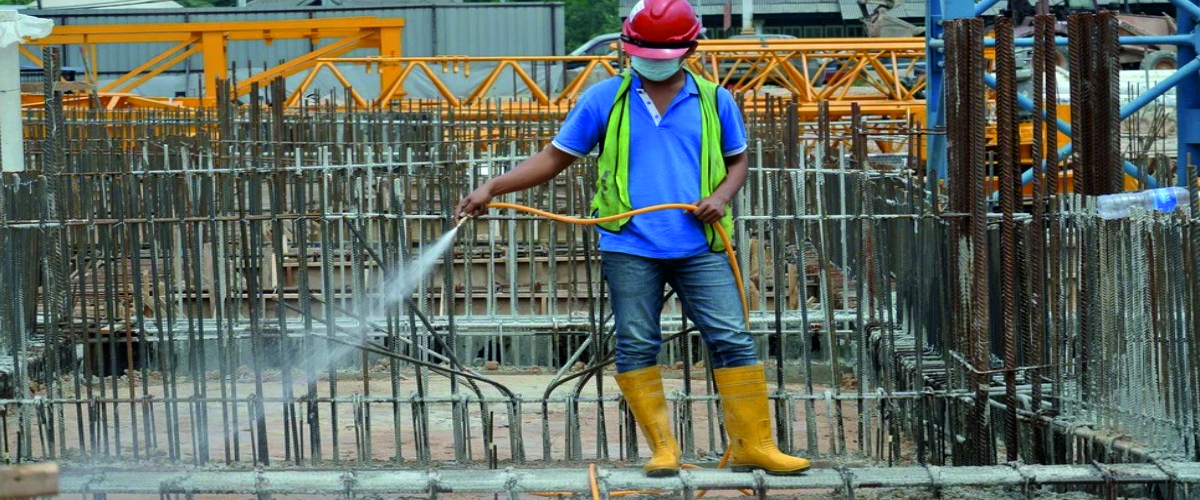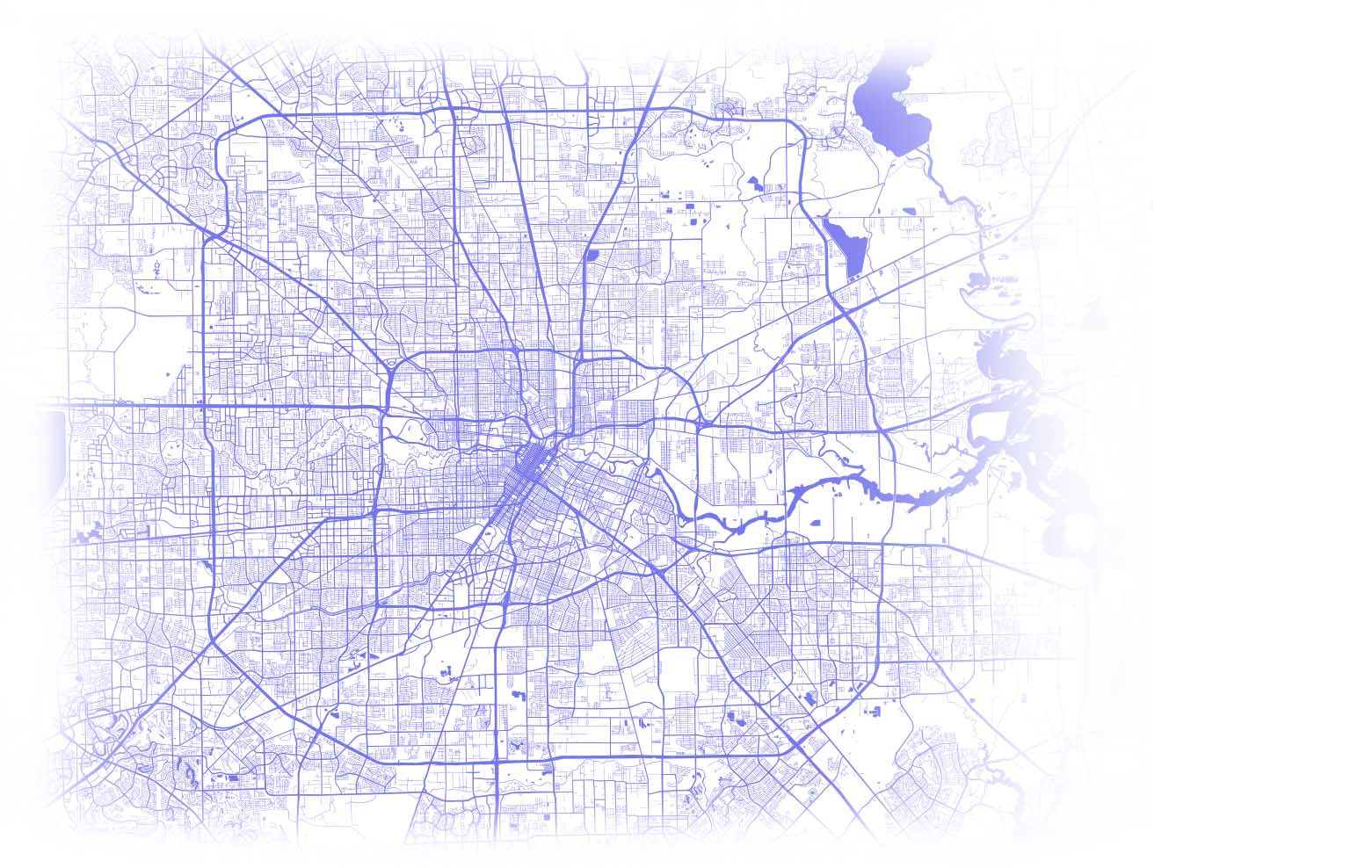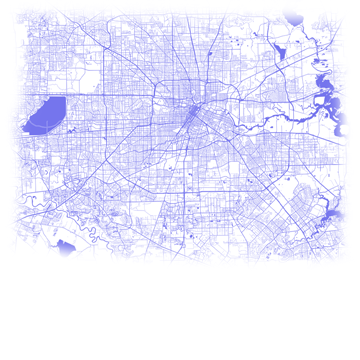
June, 1, 2023
Termites: An Invisible Pest
According to the US Department of Agriculture, termites cause billions of property damage every year in America. No one wants to be a part of such statistics.
So, what’s the scoop on these invisible pests causing damage aficionados?
Termites are social insects or pests living in colonies, mostly in dark and humid places. They can vary in size and breed from a few thousand to several million. These insects feed on cellulose mostly on plant-based matter including wood and build various structures.
So, what are the signs of termites?
Signs of Termites
The first thing to look for is the signs of termites in your home. You may find left-behind wings, small holes in the wood, fecal pellets, and swarming termites in corners or dark places near the furniture or behind the beds. Additionally,
- Take a walk around the exterior of your house
- Look at the muddy tubes in your home’s foundation. You will see thousands of termites there.
- Check window grills and sills for evidence of termites
- Discoloration or sagging drywall
You may find pin holes in the drywall or even debris near the baseboard of the room. This may look like wood dust, but actually, they would be white pellets of termites.
If you see such signs of termites, call professionals for a termite inspection in Houston now!
What Are the Different Types of Termites?
There are 2000+ species of termites in the world. Of these, a few distinct families of termites are mentioned under as below.
Each termite breeds in different locations and searches for different types of sustenance and survives in a completely different region and ground conditions.
Let’s have a look here:
1. Subterranean Termites
Subterranean termites are found mostly in the southern United States. They have giant colonies and often create the nest to connect their underground colonies to food sources through interconnective pathways. Such termites are extremely destructive in the Southeast and thrive mostly in any available wooden structure.
2. Drywood Termites
Drywood termites are fond of wood without moisture. They don’t need soil to create a nest. Instead, they create nests in wooden structures like framing materials or dead trees.
These small-bodied termites aren’t as destructive as Subterranean Termites because they are much smaller and it will take longer to damage any property.
Drywood termites thrive mostly in the Southwestern and Southern states of the United States, populously on the East Coast, and states south of South Carolina.
3. Dampwood Termites
Dampwood Termites are attracted to moist wood. They do not build their nest in soil, unlike dry wood termites. You will find damp wood termites mostly in trees rather than manmade structures due to dietary restrictions.
They do not need to build their nest in soil like dry wood termites. So if you live in a house where there’s a wet climate or serious moisture owing to leaky pipes, you’ll evidently see Dampwood termites.
You may find such termites mostly in the Pacific Northwest and parts of the Southeast or dead termites near the colony – large and dark brown in color.
4. Formosan Termites
Formosan Termites are the most heinous types. They destroy wooden furniture in not less than 30 days. Just like Subterranean termites, they create nests underground as a source of food and water.
However, what makes Formosan Termites different is that they make unique mud nests inside the wooden structure. That’s why they fetch the soil to their food source.
You will find Formosan termites mostly in the southern United States.
5. Conehead Termites
Conehead termites are very rare. But recently they became prevalent in Florida. Such termites are completely different as compared to the termites mentioned above. Neither do they create nests underground nor do they make mud tunnels to travel. Instead, they move on the surface just like ants do.
Importantly, conehead termites cause major damage to your property. So, be wise during termites inspection.
The Final Words
Termites form an integral element of our ecosystem. They do not need to be in or around your house. You can keep them at bay by:
- Storing landscaping materials, firewood, or any furniture structure away from the ground or away from your house
- Make sure that your property grade slopes away from the foundation of your house
- Call professionals for routine cleaning of gutter and downspout services
Top of all, it is important to be vigilant about the presence of termites on your property or inside your house. Take prevention before termites damage your furniture structures. Always look after Pre Anti Termite Treatment before you buy a new house. That’s how you can deter termites to a greater extent.
So, if you suspect or don’t suspect an infestation, it’s always a smart move to schedule a routine termite inspection with Conquest Pest Control.
Do not hesitate to call Pest Control in Houston to investigate your concern areas.







